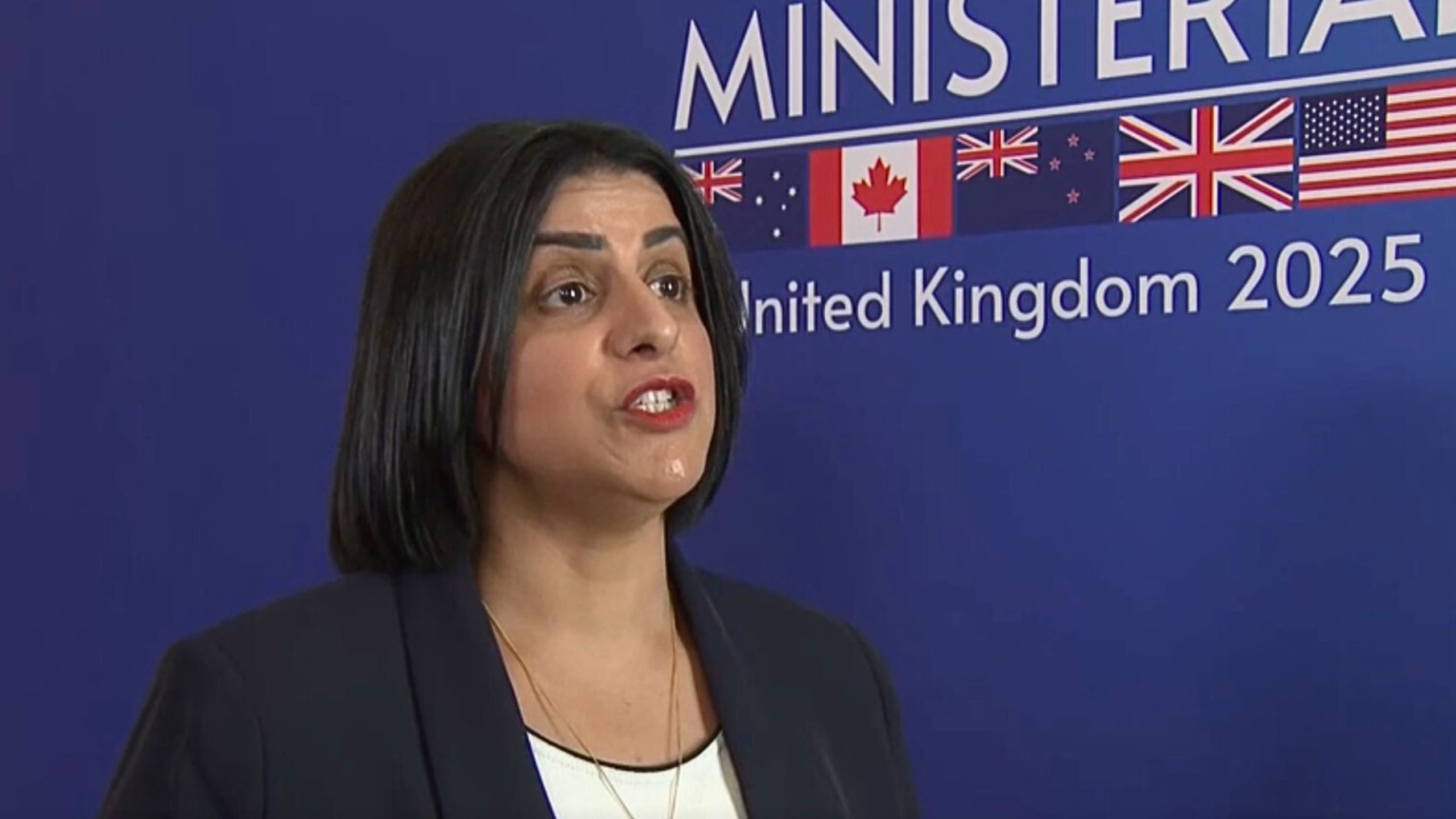Newly appointed UK Home Secretary Shabana Mahmood has opened the door to the rollout of digital ID systems in the UK, reviving a proposal she has previously supported.
Mahmood’s remarks came during a high-level meeting with allies in the Five Eyes intelligence alliance, where migration and security were top of the agenda.
Speaking alongside her counterparts from the US, Australia, Canada, and New Zealand, she laid out her position.
“Well my long-term personal political view has always been in favor of ID cards. In fact I supported the last Labour government’s introduction of ID cards. The first bill I spoke on in Parliament was the ID cards bill which the then Conservative Lib Dem coalition scrapped. So I have a long-standing position which anybody who’s familiar with my view.”
Her comments arrive just days into her tenure, following a dramatic cabinet reshuffle that has reset key departments, including the Home Office.
With illegal small boat crossings continuing to rise and more than 1,000 people arriving in a single day over the weekend, the pressure on the government to deliver results is intensifying. The total number of arrivals this year has already passed 30,000.
Mahmood emphasized that these plans are not borrowed ideas.
“This is a Labour government with Labour policy and Labour proposals,” she said. She insisted that Labour had been preparing these policy positions well in advance of taking office.
Mahmood added that digital ID is something that she has “always supported.”
Now in a position to influence policy directly, she stopped short of confirming a rollout but said it remains under discussion within government. She offered no clear answer when asked whether every UK citizen would be required to have one.
The stated goal is to reduce illegal employment and weaken incentives that draw people to cross into the UK without authorization. For privacy advocates, however, the return of digital ID proposals raises longstanding concerns about surveillance, data control, and potential misuse.
“In the end, this is about how you strike the balance between human rights on the one hand, and securing our borders,” she said. “I do think that that balance isn’t in the right place at the moment.”
She pointed to forthcoming changes to domestic laws and legal guidance as the preferred method of adjusting that balance rather than leaving the convention outright.
While Mahmood avoided giving a timeline for any digital ID scheme, her renewed emphasis on identity systems suggests a shift that could have wide-reaching consequences for privacy in the UK.
Whether the idea moves beyond internal discussions may now depend on how far the government is willing to go.










